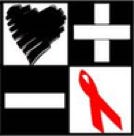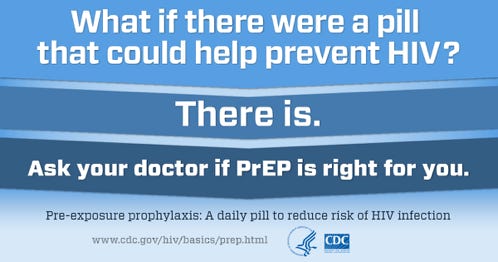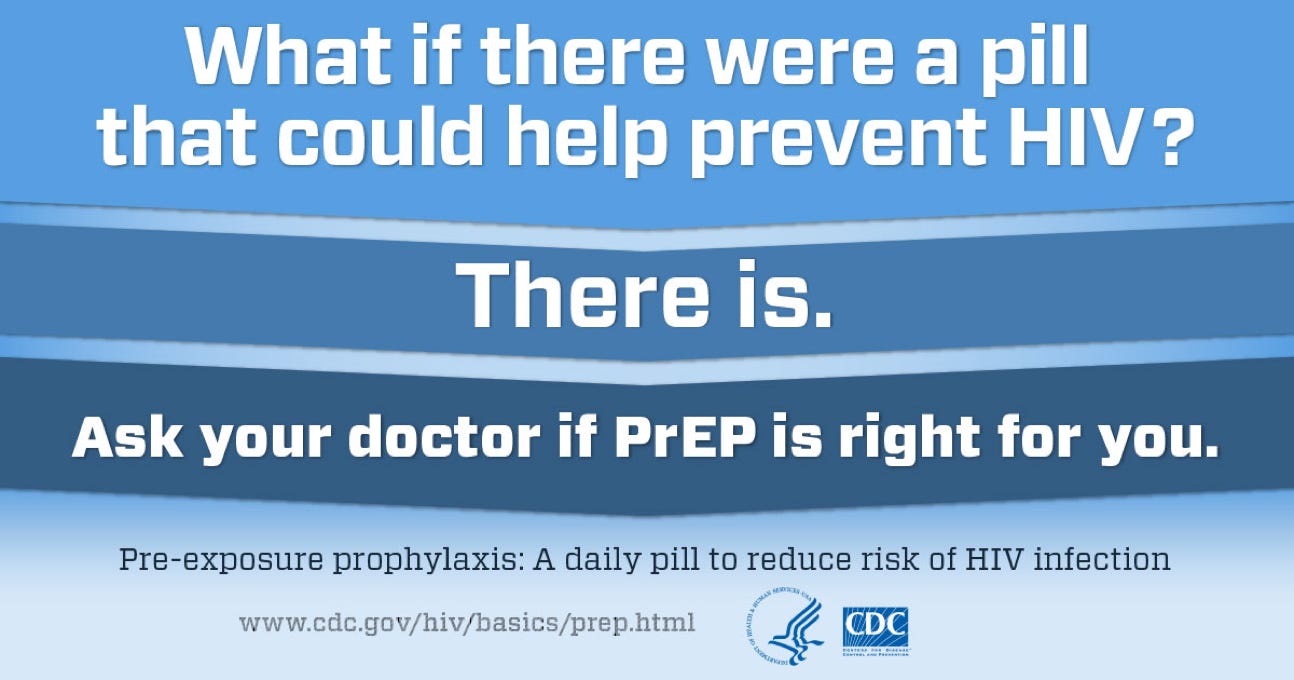Hours of Operation
Monday - Thursday:
9am - 5pm
Friday:
9am - 12:30pm
phone: 337.439.5861
800.256.5145
Calls received on weekends, holidays, or after hours are directed to our answering service.
Tuesday - Thursday
11am - 4pm ONLY
Bingo
Hours of Operation
Monday - Thursday:
9am - 5pm
Friday:
9am - 12:30pm
phone: 337.439.5861
800.256.5145
Calls received on weekends, holidays, or after hours are directed to our answering service.
Tuesday - Thursday
11am - 4pm ONLY
Bingo
(Although this website provides general information regarding HIV, this information DOES NOT constitute medical advice and should not be used as such. The information is NOT intended to diagnose or treat any health issues and is NOT a substitute for professional medical treatment or consultation. All information on this site is intended for educational use only. Visit a qualified physician or health care provider regarding individual health-related needs, concerns,treatment, or questions.)
PrEP
(Pre-Exposure Prophylaxis)
PrEP (Pre-Exposure Prophylaxis) is a once-daily prescription medication for persons who are HIV-negative that can reduce the chance of contracting HIV through sex. PrEP is an effective tool for people who want additional protection against infection.
By taking one pill a day (in combination with safe sex practices), PrEP can help reduce the risk of transmission of HIV to non-infected individuals if they are exposed to the virus by blocking it.
Studies have shown that taking PrEP significantly lowered the risk of being infected over those who did not take the pill. PrEP can reduce the risk of contracting HIV by as much as 90-99%, when consistently taken as directed.
PrEP takes up to 3 weeks to be effective.
Combining PrEP with condoms and other prevention methods further decreases the chances for getting HIV. Since nothing is 100% effective, comprehensive risk-reduction strategies outside of PrEP should still be used (such as condoms).
PrEP does not protect from other STI's (Sexually Transmitted Infections).
Visit your physician for more complete information and to find out if PrEP is right for you.
Any provider who can prescribe medication (such as physicians and nurse practitioners) can prescribe PrEP. If you need help in speaking with your doctor regarding PrEP, you can print out the CDC Provider Supplement and bring it with you to your appointment. Click here.
Before PrEP can be prescribed, a person should be tested for HIV and other STI’s and have a kidney function test. If prescribed PrEP, you will need to have regular doctor visits to monitor your health and to determine how you are responding to PrEP.
Side effects from PrEP are minimal and usually subside after about a month. Information regarding potential side effects can be provided by your medical provider. He or she can answer any questions or concerns. Always discuss all medications you are taking with your medical provider to avoid possible contraindications.
Louisiana Medicaid covers office visits, lab tests, and prescription costs.
Medicare Part D also covers the medication, but you may still be responsible for co-pays.
Private insurances usually cover PrEP, however, deductibles and co-pays for medication may require out -of-pocket cost.
Find out if PrEP is right for you. Talk with your partner and doctor about staying HIV negative.






